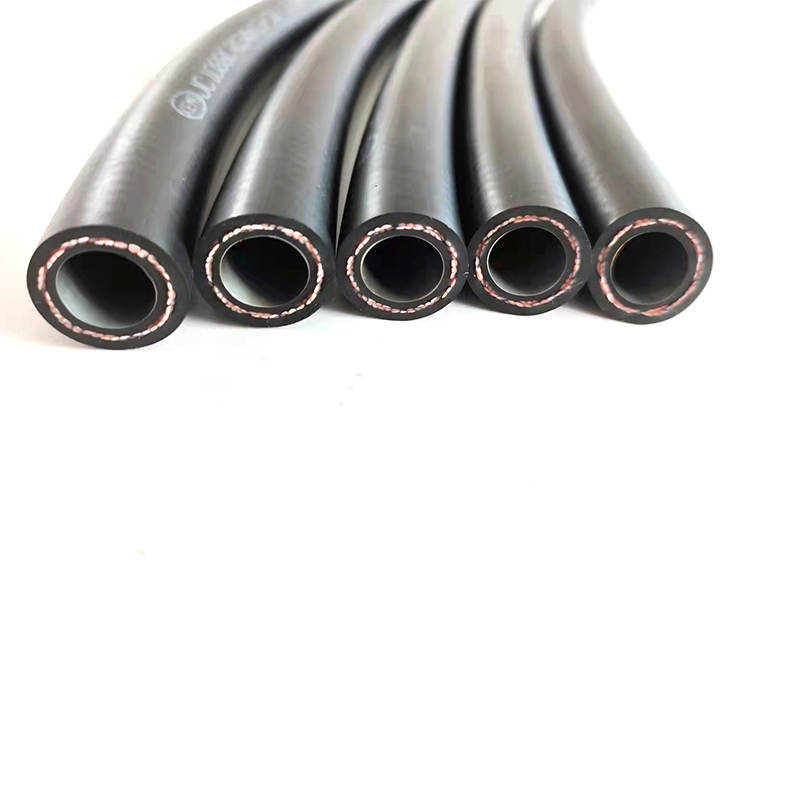Understanding the Importance and Maintenance of Car Brake Lines for Safety and Performance
ag. . 15, 2024 00:44 Back to list
Understanding the Importance and Maintenance of Car Brake Lines for Safety and Performance
Understanding Car Brake Lines An Essential Component for Vehicle Safety
When it comes to automotive safety, few components are as crucial as the brake system. At the heart of this system are the brake lines, which play a pivotal role in ensuring that your vehicle comes to a stop effectively and safely. Understanding the function and importance of brake lines can help car owners better maintain their vehicles and make informed decisions regarding repairs and replacements.
What Are Brake Lines?
Brake lines are specialized tubes or hoses that transport brake fluid from the master cylinder to the brake calipers at each wheel. When a driver presses the brake pedal, the master cylinder generates hydraulic pressure that pushes the brake fluid through these lines. This pressure activates the brake calipers, which then squeeze the brake pads against the brake rotors, slowing down or stopping the vehicle.
There are primarily two types of brake lines metal lines and rubber hoses. Metal brake lines, usually made from materials such as copper nickel or steel, are used in the harder sections of the system, while rubber hoses are more flexible and typically found where movement is necessary, such as between the body of the car and the suspension components.
Importance of Brake Lines
The integrity of brake lines is vital for the overall safety and performance of a vehicle. If brake lines are damaged or worn out, it can lead to brake failure, which is often catastrophic. Common issues affecting brake lines include corrosion, leaks, and physical damage.
1. Corrosion Over time, metal brake lines can corrode, especially if the vehicle is frequently exposed to harsh weather conditions or road salt. Corrosion weakens the metal, making it susceptible to ruptures.
2. Leaks A leak in the brake line can lead to a drop in hydraulic pressure, resulting in diminished braking power. Leaks are often caused by wear and tear, as well as environmental factors.
car brake lines

3. Physical Damage Brake lines can also be compromised due to physical damage. For instance, if a car is in an accident, the brake lines can be kinked or fractured, impairing their function.
Maintenance and Inspection
Regular inspection is crucial for ensuring the reliability of brake lines. Car owners should be aware of warning signs such as a spongy brake pedal, a decrease in braking performance, or visible signs of damage or fluid leaks under the vehicle.
Mechanics generally recommend inspecting brake lines during routine maintenance checks, such as oil changes or annual inspections. Early detection of issues can often prevent more severe damage and expensive repairs down the line.
Replacement and Upgrades
If a brake line is found to be damaged, immediate replacement is necessary. While replacing brake lines, it can be beneficial to consider upgrading to higher-quality materials. For instance, stainless steel brake lines offer increased durability and resistance to corrosion over standard rubber hoses.
Conclusion
In summary, brake lines are an essential component of a vehicle's braking system, directly affecting safety and performance. Understanding their function and maintaining them through regular inspections and timely replacements can go a long way in ensuring a safe driving experience. Car owners should take brake line maintenance seriously, as neglecting this vital component can lead to dangerous situations on the road. Always consult a qualified mechanic if there are any concerns regarding the brake system, as proactive maintenance is key to vehicle safety.
